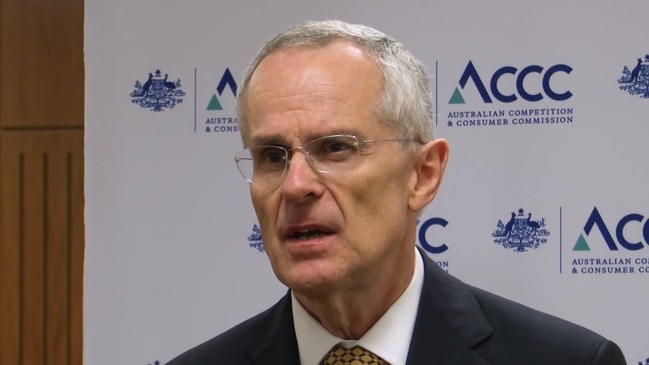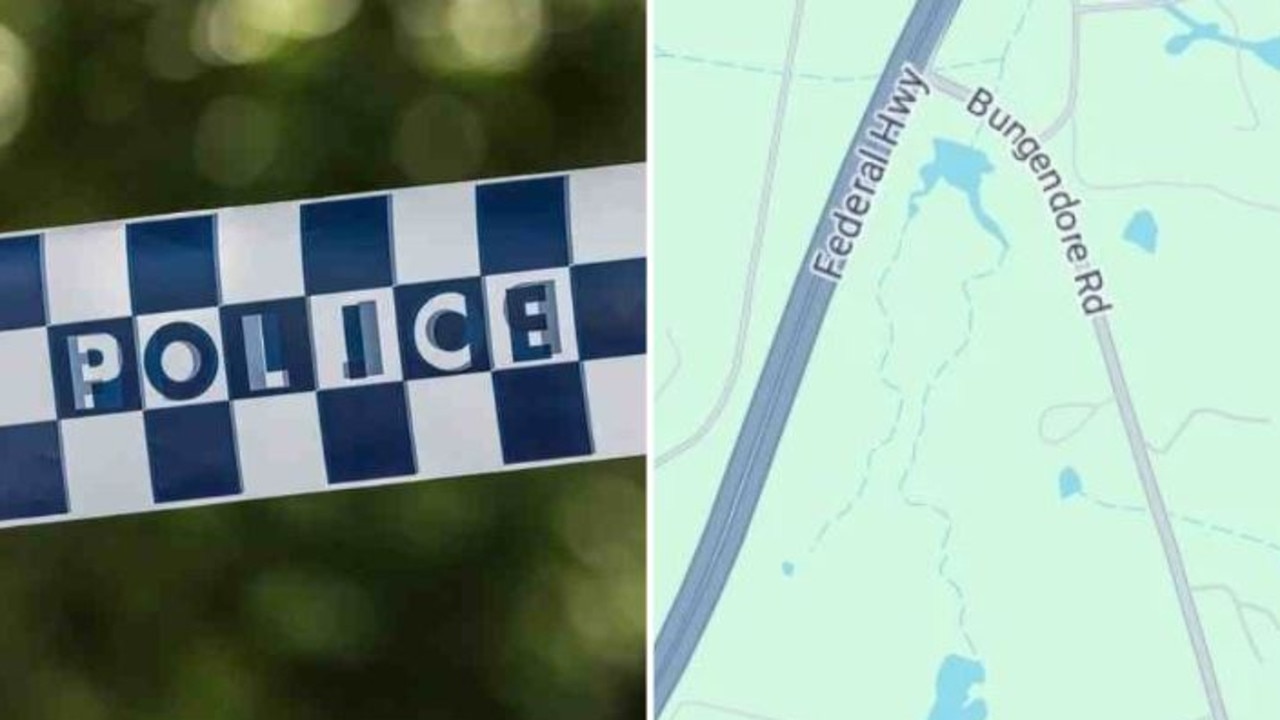Trivago appeals Federal Court loss against ACCC
Trivago is appealing a landmark court ruling that it deceived users into believing its top offer was the cheapest. Find out the grounds for appeal.

NSW
Don't miss out on the headlines from NSW. Followed categories will be added to My News.
EXCLUSIVE
Hotel price comparison website Trivago has lodged an appeal over a landmark court ruling that it deceived users into believing its top offer was the cheapest.
“The trial judge erred by reversing the onus of proof, and by failing to confine himself to the pleaded case,” alleges in its notice of appeal filed with the Federal Court earlier this month.
“Rather than deciding whether the Australian Competition and Consumer Commission has established its pleaded case in this regard, the trial judge erroneously decided the case on the basis that Trivago bore an onus to establish the relative value of ‘non-price factors’ used to select the Top Position Offer.”
In January, Justice Mark Moshinsky ruled “the Trivago website did not quickly and easily identify the cheapest rates available for a hotel room responding to a consumer’s search’’.
“Importantly, in at least some cases, the cheapest offer for a hotel room was filtered out and therefore did not appear on the Trivago website,” he said.

At the time of that decision, ACCC chairman Rod Sims described Trivago’s conduct as “particularly egregious”.
“Trivago’s hotel room rate rankings were based primarily on which online hotel booking sites were willing to pay Trivago the most,” Mr Sims said.
He said the ruling sent a “strong message to comparison websites and search engines that if ranking or ordering of results is based or influenced by advertising, they should be upfront and clear with consumers about this so that consumers are not misled.”
Mr Sims said the ACCC would be “seeking penalties in the millions”.
Big legal firms such as HWL Ebsworth described the decision as a “major win” for the ACCC.
In its appeal, Trivago claims “the trial judge ought to have found that the display of the initial search results page search did not convey to the ordinary and reasonable consumer that the top position offer was the cheapest available offer for an identified hotel.”
Trivago also alleges “the trial judge erred in finding that the top position offer, where it was not the cheapest offer, did not have some other characteristic or characteristics that made it more attractive than any other offer for the hotel.”
It claims the judge should not have concluded Trivago had represented that it compared prices for the same room type.
And it claims Justice Moshinsky should not have found consumers were led to believe the site “provided an impartial, objective and transparent price comparison which would enable them to quickly and easily identify the cheapest available offer for a particular room at a particular hotel”.
The ACCC is yet to file its response with the court.
In February, Germany-based Trivago told investors that its earnings had halved in the final three months of 2019 “mostly due to aprovision recognised as a result of the recent (court) judgment in Australia.”
The drop in earnings was equal to about $16 million.
Trivago CEO Matthias Tillmann told stock analysts “we plan to keep operating in Australian website, and we will take steps to comply with the requirements communicated in the decision. Mr Tillmann also said “parts of the court’s opinion included views that differed significantly from those of other national regulators that we have worked with. ”But that being said, we expect to continue to see an increasing regulatory scrutiny on the consumer-facing business practices of providers of online travel search and booking services.”



